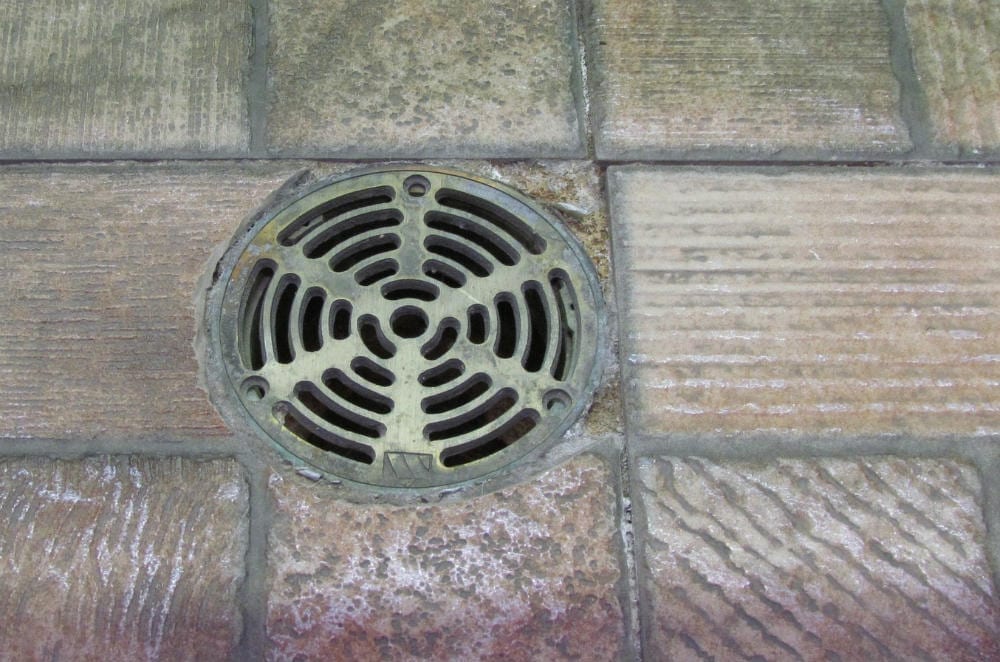How To Stop a Basement Drain Backing Up?


Clogs are usually to blame if your basement floor drain keeps backing up. Hair, soap, grease, coffee grounds, and other solid items can clog your sewer line. Tree roots may also invade your sewer lines.
Most blockages form in the drain pipes inside your home. However, they can also form in the sewer line that connects your home to the city sewers.
Regardless of where the clog is, it will eventually block the entire drain pipe and it will back up into your home. Backed-up city sewers are increasingly causing problems.
Once the sewers backup, the water will eventually back up into your home. Although less common, drain pipes and sewer lines can crack. Your wastewater then pours into your yard.
Watching what your flush down your drain pipes is the best way to prevent future basement drain clogs. Never put cooking grease, coffee ground, paper towel, diapers, or sanitary products down the drain.
Regularly check the cleanout access for clogs and backups. And have your sewer line cleared and snaked once every ten or so years.
Here are some other important tips to prevent a clogged basement drain:
Clean your drains regularly with white vinegar and baking soda. Pour half a cup of baking soda into the drain, then add half a cup of vinegar. Allow this to bubble and dissolve for 20 to 30 minutes, then rinse with 6 to 8 quarts of boiling water.
Hair is one of the biggest causes of drain clogs, so install a hair catcher to prevent a clogged shower drain. Clean hair catchers regularly and replace them if they get too grimy. It also keeps shampoo caps, bars of soap, and razor blades out of your bathtub drains.
Clean your gutters and downspouts regularly to prevent excess water from pooling around your foundation. Instead of connecting them to your sump pump or municipal sanitary sewer lines, use downspout extensions to channel water at least 6 feet away from your foundation.
Also, check if water is pooling around your foundation when it rains. If it is, add more dirt until it slopes away from your home. Keep small plants at least 6 inches from your foundation, with bushes and shrubs 2 feet away and trees no closer than 3 feet. Otherwise, their roots will hold water too close to your foundation walls.
If a sewer backup caused basement flooding, you should install a backflow or backwater valve. The valve stops water and sewage from flowing backward into your home and can save you money in the long run.
In rare cases, you may need to have your main sewer line repaired or replaced. The materials will deteriorate over time, although a blockage is more likely. Roots can also crack your sewer line and even grow inside.
If you think a problem with your city sewer system caused your basement drain backup, call them immediately to report the issue. Most cities will take action within a few days, which can help prevent future problems and save you time and money.




It takes experience and the right equipment to clean up water, fire or mold damage properly. Let the experts at Restoration Local® give you peace of mind after a disaster or emergency. Licensed and insured, our contractors will get the job done right and keep your family safe.
Restoration Local® makes it easy to get water, fire and mold restoration services near you fast. With contractors covering 95% of the continental United States, we offer 24-hour emergency services and less than 30-minute response time. Call us now for a free in-person estimate from a certified restoration contractor.